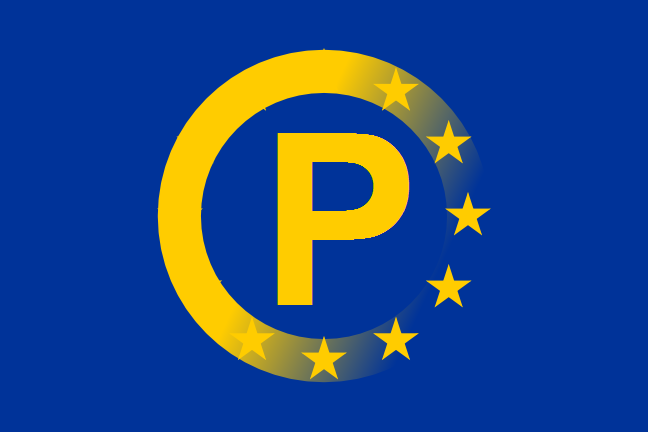Drietal EOB octrooizaken
Hieronder een overzicht van een drietal gepubliceerde uitspraken, zie ook KluwerPatentBlog.
European Patent Office (Appeals Court), 5 March 2013, T248/12, Kluwer Patent Blog
 by Lars de Haas , for Kluwer Patent Cases. The Board observed that it could not be understood that the “technical relevance” criterion, proposed by another board in T 1906/11 for judging extension of subject matter, defines a new standard for judging amendments with respect to Article 123(2) in the case of intermediate generalizations. Instead, the Board had to decide whether the technical information inferred by the skilled person was new having regard to the content of the original application as filed.
by Lars de Haas , for Kluwer Patent Cases. The Board observed that it could not be understood that the “technical relevance” criterion, proposed by another board in T 1906/11 for judging extension of subject matter, defines a new standard for judging amendments with respect to Article 123(2) in the case of intermediate generalizations. Instead, the Board had to decide whether the technical information inferred by the skilled person was new having regard to the content of the original application as filed.
European Patent Office (Appeals Court), 12 December 2012, T1713/11, Kluwer Patent Blog by Lars de Haas , for Kluwer Patent Cases The Board of Appeal accepted that filing of a criminal complaint for patent infringement could meet the EPC condition of Art. 105 EPC, for intervention that ‘proceedings for infringement´ have been instituted. In the present case, the licensee of the patent raised a criminal complaint (‘Privatanklage’ under Austrian law), requesting a court to institute criminal proceedings on the grounds of patent infringement.
by Lars de Haas , for Kluwer Patent Cases The Board of Appeal accepted that filing of a criminal complaint for patent infringement could meet the EPC condition of Art. 105 EPC, for intervention that ‘proceedings for infringement´ have been instituted. In the present case, the licensee of the patent raised a criminal complaint (‘Privatanklage’ under Austrian law), requesting a court to institute criminal proceedings on the grounds of patent infringement.
European Patent Office (EPO Board of Appeal), 25 February 2013, Kluwer Patent Blog (Plasma Torch / Agilent)  An amendment of independent patent claim 1 during prosecution introduced a new feature. According to the Examining Division this led to the combinations of features of dependent claims 2-4 to extend beyond the disclosure of the application as filed (Art. 123(2) EPC). The Board of Appeal held that the focus of the Examining Division was disproportionally directed to the structure of the claims as filed and did not uphold the ED’s decision, because the disclosure directly and unambiguously referred to a variation of but not an alternative to the embodiment disclosed in the application as filed.
An amendment of independent patent claim 1 during prosecution introduced a new feature. According to the Examining Division this led to the combinations of features of dependent claims 2-4 to extend beyond the disclosure of the application as filed (Art. 123(2) EPC). The Board of Appeal held that the focus of the Examining Division was disproportionally directed to the structure of the claims as filed and did not uphold the ED’s decision, because the disclosure directly and unambiguously referred to a variation of but not an alternative to the embodiment disclosed in the application as filed.















